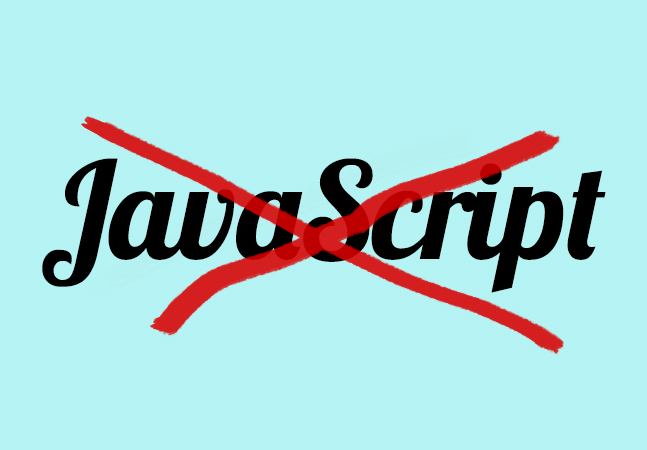
The developer community is up in arms today about a post in which a developer claims Apple is demanding the takedown of an iOS app on the iTunes store because its name features the term "JavaScript," which is trademarked by Oracle Corp.

Mode Analytics, seeking to make the power of data analysis "accessible to everyone," announced a toolkit that it said will be free forever, offering some core capabilities of its business data platform that includes new support for R Notebooks.

New programming language popularity reports are out for April 2018, with one index showing Python on track to upstage perennial No. 1 Java and another showing Perl is "having a hard time."

The database-centric Couchbase Mobile 2.0 is out today with an emphasis on syncing data from the cloud to edge devices.

Lightbend, the company behind the Scala language and developer of the Reactive Platform, has joined the Eclipse Foundation because, the company said, it is the new home of enterprise Java.

Microsoft has open sourced the original File Manager first introduced with Windows 3.0 in 1990, tweaking it so it runs on Windows 10.

Providing security for IoT devices is getting expensive and will become costlier, according to a Gartner report released in March. IoT security spending will reach $1.5 billion in 2018, up from $1.2 billion in 2017, a 28 percent increase.

Microsoft is mirroring its internal artificial intelligence training courses with a new offering to the public, letting developers earn a certificate to prove expertise in cutting-edge technologies like computer vision, natural language processing/translation and Python-based data science.

The latest version of the popular open source React JavaScript library for building Web UIs includes an official context API for easier component access to data, among many other new features.

Apple today shipped iOS 11.3, with the latest edition of the mobile OS featuring improved augmented reality, data/privacy notification improvements and even new Animoji.

The U.S. Court of Appeals for the Federal Circuit sent the case back to a judge in San Francisco for a trial to decide how much the search engine giant will have to pay. Oracle originally sought $9 billion in damages.

Spring Boot is a rapid application development framework designed to simplify the development of stand-alone, production-grade, Spring-framework-based apps that run with little Spring configuration.

Low-code tool vendor Zoho announced its new Creator 5 dev platform has added mobile app creation.

Android Studio 3.1 is now stable and available, featuring enhanced Kotlin support, smaller builds, recent IntelliJ platform updates and more.

Cloudflare today said it's offering a free Mobile SDK to help Android and iOS developers visualize and understand their mobile app's network utilization.

Google's 2017 acquisition of Crashlytics has been fully realized with the general availability of Firebase Crashlytics, the new default mobile app crash reporter for the company's Mobile-Backend-as-a-Service (MBaaS) development platform.

This release, which comes barely six months after the release of Java SE 9 and includes 12 new enhancements, is the first in the new rapid release cadence Oracle announced late last year.

Apple and IBM added artificial intelligence capabilities to their longstanding partnership for the development of iOS mobile apps for the enterprise.

A skills shortage is hampering the advance of artificial intelligence, according to industry research, and AI technology that empowers a rise of "citizen data scientists" may be the answer.

The latest effort to make artificial intelligence programming more accessible to developers in the face of an industry-wide skills shortage comes from IBM, which today announced Deep Learning as a Service.